Research groups
Find out more about our research groups below. Click here for details of our honorary group leader pages.
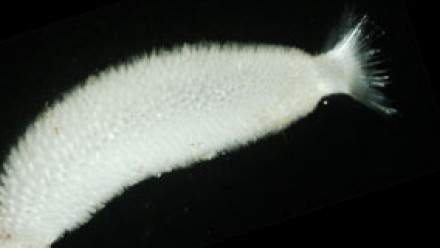
Adamska Group - Genomic and evolutionary basis of animal development »
Led by: Maja Adamska
Our research is aimed at uncovering the genetic and genomic basis of morphological complexity in animals, from both developmental and evolutionary perspectives.
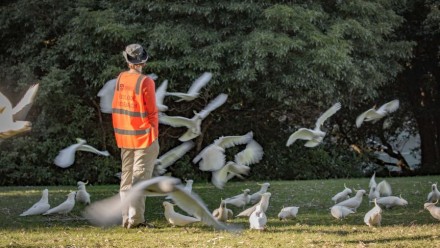
Aplin Group - Cognitive Ecology »
Led by: Lucy Aplin
The Aplin lab studies cognition and social behaviour.
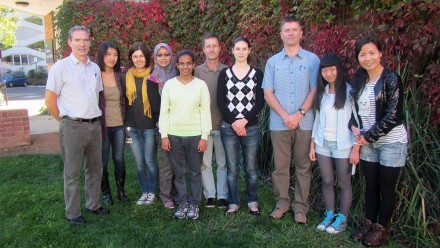
Atkin Group - Plant respiration in a changing world »
Led by: Owen Atkin
Atkin Group studies plant metabolic responses to environmental gradients, including how leaf respiration varies within and among biomes across the globe.

Ball (Marilyn) Group - Ecophysiology of salinity and freezing tolerance »
Led by: Marilyn Ball
We study how physiological adaptations and responses to environmental stresses affect the structure and functioning of plant communities.

Bentley Group - Building crops for climate change »
Led by: Alison Bentley
Wheat, plant breeding, genetics
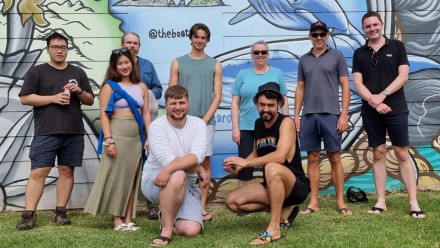
Borevitz Group - Plant genomics for climate adaption »
Led by: Justin Borevitz
We study the genetic basis of Climate Adaptation in foundation plant species, using state of the art Genomic and Phenomic techniques
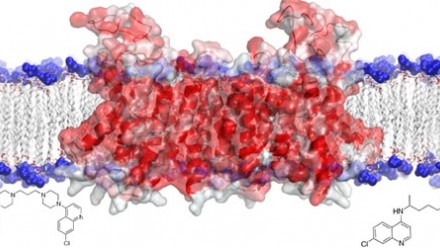
Brock Group - Membrane Structural & Synthetic Biology »
Led by: Joseph Brock
The Brock lab loves membrane proteins; looking at them in atomic detail, discovering new drug molecules, and engineering them to create new biosensors. Join us!
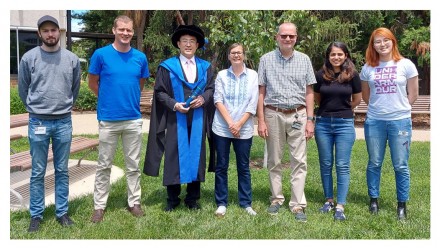
Broer Group - Membrane transport and nutrition »
Led by: Stefan Broer
Broer group studies the role of amino acid transport in the onset of insulin resistance and the regulation of carbohydrate metabolism.
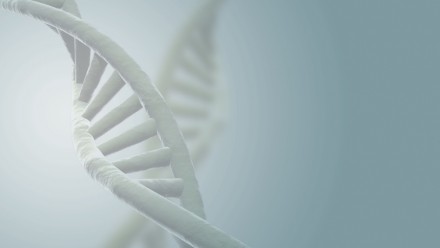
Bromham Group - Macroevolution, molecular evolution & Language evolution »
Led by: Lindell Bromham
We use phylogenetic comparative methods to investigate the characteristics of lineages that influence the pattern and rate of genome evolution.
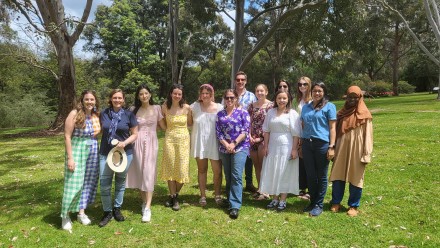
Byrt Group – Engineering plant membrane proteins and solute transport to increase yield security »
Led by: Caitlin Byrt
We work on engineering strategies to increase crop tolerance to salinity and drought, and to advance water filtration technology.
Cardillo Group - Macroevolution, Macroecology and Biogeography »
Led by: Marcel Cardillo
We are interested in big-picture questions about biodiversity. Why are there so many species in the tropics? How have some places become biodiversity hotspots?
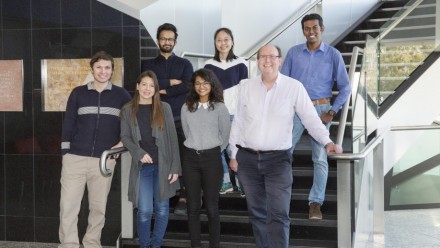
Casarotto Group - Biomolecular Interactions »
Led by: Marco Casarotto
The Casarotto Group seeks to carry out research that explores how the structural properties of biological molecules can impact on the biological process.
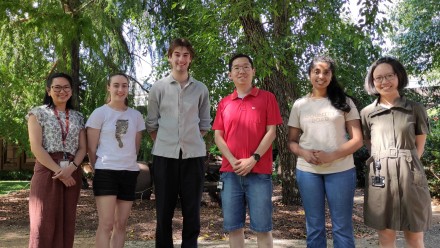
Chan Group - Plant Organelle and Cellular Signalling »
Led by: Kai Chan
We aim to unravel molecular and biochemical mechanisms that enable plant cells to adapt to challenging environmental conditions
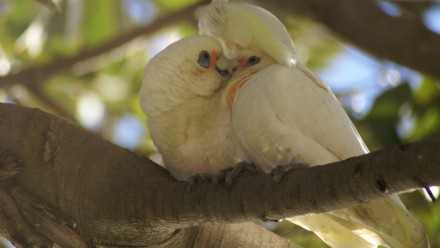
Cockburn Group - Evolutionary ecology »
Led by: Andrew Cockburn
Current work focuses on cooperative breeding of superb fairy-wrens and woodswallows.

Corry Group - Transport proteins and computational biophysics »
Led by: Ben Corry
Corry group's research examines the structure and function of membrane proteins.

Danila Group – Plant cell structure and intercellular communication »
Led by: Florence Danila
Our group studies plasmodesmata to answer important plant science questions related to development, cellular transport, root biology, signalling and evolution.
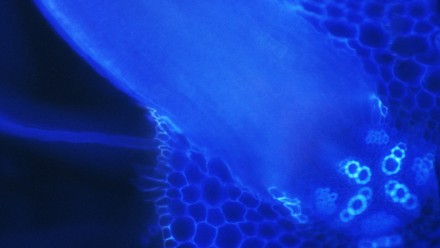
Djordjevic Group - Root architecture, root nodule formation, nitrogen fixation, regulatory peptides, plant development, Rhizobium »
Led by: Michael Djordjevic
Sustainable food security is of utmost importance to the future of the planet.

Fahrer Group - Immunology »
Led by: Aude Fahrer
We are working on a very simple and inexpensive cancer immunotherapy treatment, and a bioinformatics study looking for novel proteins in different genomes.
Farine Group - Social evolutionary ecology »
Led by: Damien Farine
I am a behavioural and movement ecologist.

Farquhar Group - Coordination of CO2 fixation and transpiration in plants »
Led by: Graham Farquhar
Our research includes: photosynthesis and growth with N2 and water use of plants; stomatal physiology; isotopic composition of plants & global change science.

Furbank Group – Improving photosynthesis and crop yield »
Led by: Robert Furbank
Our research focuses on the identification of enhanced photosynthetic properties in crop and model plant germplasm, and improving C4 photosynthesis.
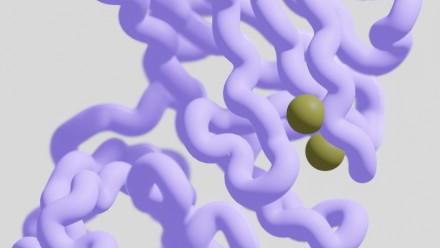
Furlong Group - Bacterial Structural Defence »
Led by: Emily Furlong
We aim to identify new potential targets for antibacterial agents, using structural biology, biochemistry and bacteriology methods.
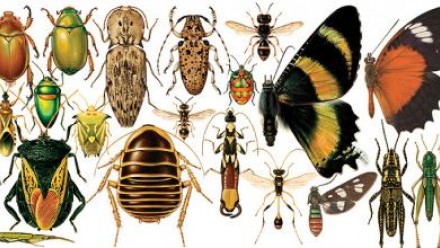
Head Group – Ecology and evolution of sex »
Led by: Megan Head
Research in the Head Group focuses on the evolution, ecology and physiology of sexual reproduction.
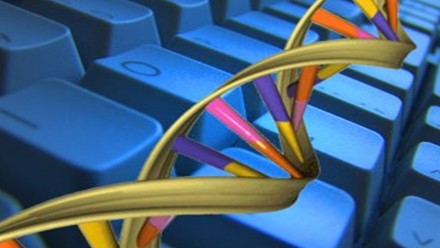
Howitt Group - Transporter structure and function »
Led by: Susan Howitt
Howitt group explores how transporters function and aim to understand their molecular mechanisms.

Huttley Group - Bioinformatics, molecular evolution of genomes »
Led by: Gavin Huttley
We focus on understanding what processes shape the distribution of genetic variation.The nature of our work is largely computational and statistical.
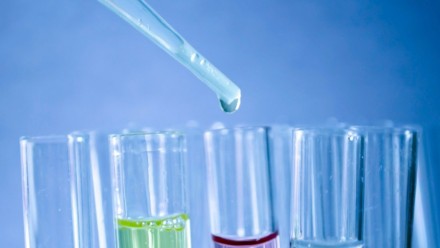
Jackson Group - SynBio »
Led by: Colin Jackson
Our research interests lie at the interface between biology, chemistry and physics

Jennions Group - Behavioural and reproductive ecology »
Led by: Michael Jennions
What do we do? We are interested in whole organism evolutionary biology, especially the evolution of behavioural and morphological reproductive traits.

Jones Group - Disease resistance »
Led by: David Jones
We investigate the molecular basis of disease and disease resistance in tomato (leaf mould and Fusarium wilt resistance) and flax (flax rust resistance).
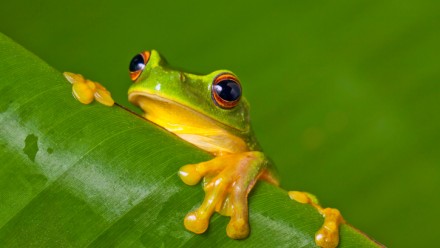
Keogh Group - Evolutionary biology & ecology of reptiles and amphibians »
Led by: Professor Scott Keogh
My primary research interest is the study and evaluation of evolutionary processes and we work mostly on reptile and frog systems.
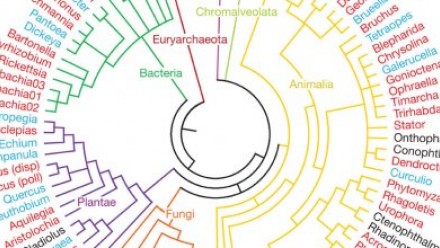
Lanfear Group - Mutation, molecular evolution and phylogenetics »
Led by: Robert Lanfear
Our work is motivated by the desire to understand molecular evolution, from the origin of mutations in individuals to their fixation in evolving lineages.
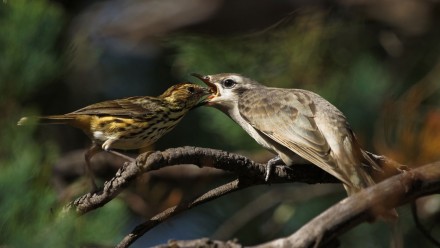
Langmore Group - Avian evolutionary and behavioural ecology »
Led by: Professor Naomi Langmore
We study many aspects of evolutionary and behavioural ecology in birds, mainly by using field experiments and observations to test evolutionary theory.
Lehane Group - Antimalarial drug action and resistance »
Led by: Adele Lehane
We study membrane transport processes in the Plasmodium parasites that cause malaria.
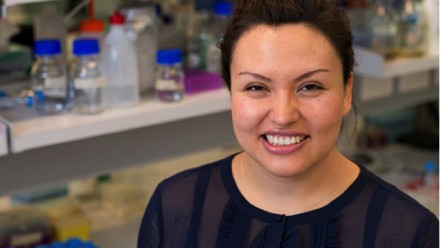
Leyton Group - Assembly, function, and applications of nanoscale bacterial surface structures »
Led by: Denisse Leyton
We study how autotransporters are assembled into bacterial outer membranes, and how they function to mediate infection and disease once they get there.

Linde Group - Population genetics, evolution, phylogeography and molecular phylogenetics of fungi »
Led by: Celeste Linde
Our main research interest is in fungal-plant-interactions, both applied and pure research, on a range of important pathogens.
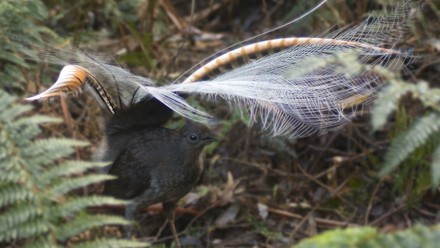
Magrath Group - Behavioural ecology; acoustic communication; ornithology »
Led by: Rob Magrath
We have broad interests in behavioural ecology, particularly acoustic communication and breeding biology in birds.
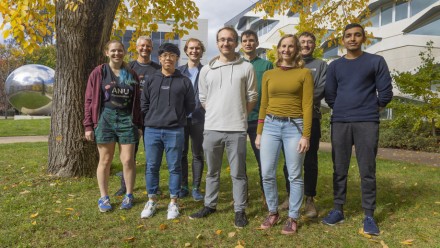
Maier Group - Molecular mechanisms of malaria pathogenesis »
Led by: Alexander Maier
The Maier Group focusses on the identification of molecules involved in malaria pathogenesis and transmission.
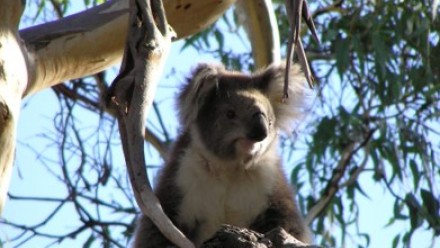
Marsh Group - Animal-plant interactions and nutritional ecology »
Led by: Karen Marsh
Our research is aimed at understanding how diet and nutrition influence wildlife physiology, behaviour, and habitat quality.

Mathesius Group - Root microbe interactions - symbionts to parasites »
Led by: Ulrike Mathesius
We are interested in the molecular mechanisms controlling nodule development in legumes, and how this is linked to other aspects of root architecture.

Melonek Group – Unlocking genetic secrets of cytoplasmic male sterility and fertility restoration in plants »
Led by: Joanna Melonek
The Melonek Group studies the genetic and molecular basis of cytoplasmic male sterility and fertility restoration in plants.

Millar Group - Plant microRNA biology and disease resistance »
Led by: Tony Millar
The principal interest of the lab is gene silencing mediated by microRNAs, with a focus on microRNAs that control plant disease resistance.
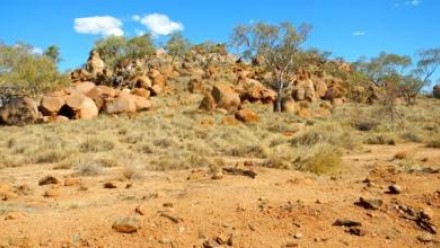
Moritz Group - Evolutionary biogeography & conservation »
Led by: Craig Moritz
Our research focuses on evolutionary biogeography; biodiversity discovery and conservation; biogeography speciation; and biological responses to climate change.
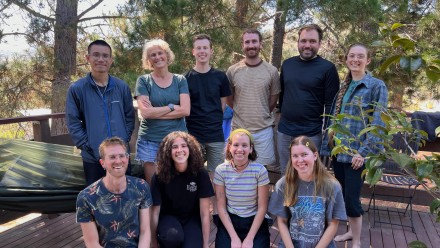
Nicotra Group - Plant physiological ecology, plant evolutionary biology, reproductive ecology »
Led by: Adrienne Nicotra
We are interested in phenotypic plasticity - the range of forms a given genetic individual can exhibit under different environments.
Noble Group - Animal ecophysiology and evolutionary ecology »
Led by: Daniel Noble
Our research explores how early developmental experiences impact physiology and metabolic function.

Peakall Group - Pollination, evolution and conservation »
Led by: Rod Peakall
Our research spans reproductive ecology, genetics, phylogeny, biochemistry and chemical ecology.

Pogson Group - Chloroplast to nuclear signalling: light, drought and carotenoids »
Led by: Barry Pogson
The overarching theme of our research is to determine the controls and regulators of communication between the chloroplast and nucleus.
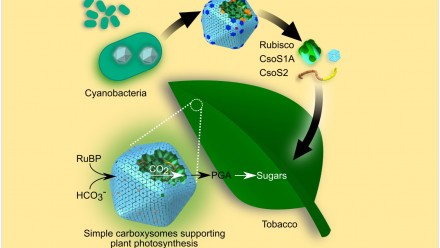
Price Group - The cyanobacterial CO2 concentrating mechanism and the use of synthetic biology to transfer it to C3 crop plants »
Led by: Professor Dean Price
The Price lab is presently focusing on the molecular biology and physiology of photosynthesis in cyanobacteria (blue-green photosynthetic bacteria) and plants
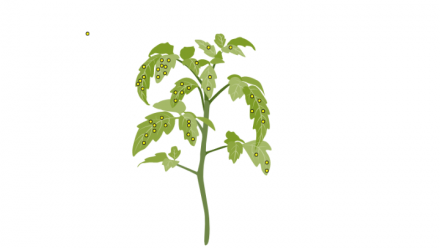
Rathjen Group - Plant immunity »
Led by: John Rathjen
Rathjen group focuses on all aspects of plant immunity, characterising the fascinating interplay between host and pathogen.
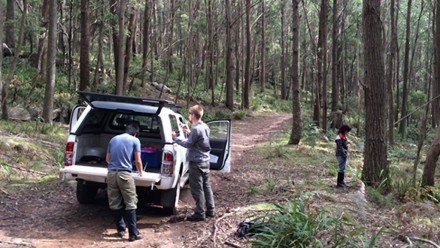
Rowell Group - Population genetics, karyology and phylogeography of terrestrial invertebrates »
Led by: Dave Rowell
We study the mechanisms behind the proximal processes of evolution – those that lead to population differentiation, divergence and ultimately speciation.
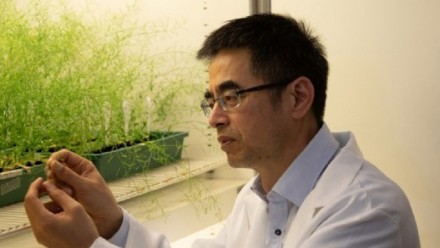
Ruan Group- Optimising Carbon Allocation for Development, Yield and Resilience »
Led by: Professor Yong-Ling Ruan
Our research focuses on identifying molecular and biochemical bottlenecks.

Saliba Group - Physiology and biochemistry of the malaria parasite »
Led by: Kevin Saliba
The Saliba Group is investigating vitamin utilisation pathways in the red blood cell stage of the human malaria parasite Plasmodium falciparum.

Schwessinger Group - Plants, fungi, evolution »
Led by: Benjamin Schwessinger
Our team focuses on questions around plant biosecurity in Australia by studying the interaction between plants and their fungal pathogen.
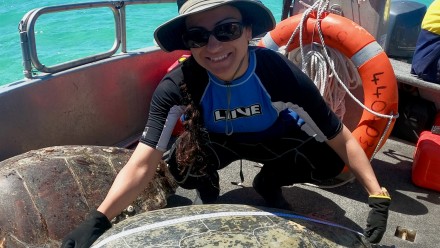
Sequeira Group - Statistical Modelling & Marine Megafauna Movement »
Led by: Ana M. M. Sequeira
Associate Professor Ana M. M. Sequeira, a marine ecologist based at ANU, leads breakthrough research in the field of marine megafauna movement and conservation.

Solomon Group - Wheat biosecurity »
Led by: Peter Solomon
The Solomon group focuses on pathogens of wheat that threaten food security and stability.

Spry Group - Drug discovery for infectious diseases »
Led by: Christina Spry
The Spry group focuses on validating new drug targets and identifying new drugs to combat key pathogenic microbes responsible for human disease.
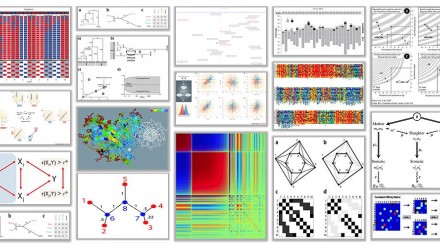
Stone Group - Quantitative and Computational Biology »
Led by: Eric Stone
We study aspects of the evolutionary process, including mutational events, the genetic basis of fitness-related traits, and genetic variation.

Tham Group - Understanding chytrid infection biology »
Led by: Wai-Hong Tham
More information to come.

van Dooren Group - Cell biology and metabolism of apicomplexan parasites »
Led by: Giel van Dooren
We study the basic biology of parasites, with the hope that such knowledge can be used in developing new treatment options against these formidable foes.
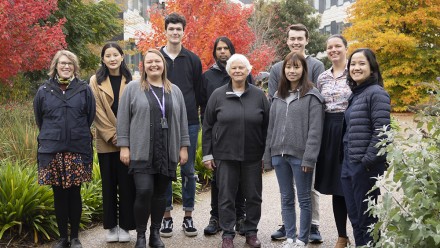
von Caemmerer Group - CO2 fixation and water loss of leaves »
Led by: Susanne von Caemmerer
We are investigating aspects of carbon acquisition by plants including the biochemistry of CO2 fixation and regulation of CO2 diffusion into and within leaves.

Way Group - Plant Ecophysiology and Global Change Biology »
Led by: Danielle Way
One of the most pressing concerns in biology is whether we can predict how plants and ecosystems will respond to climate change.

Whitney Group - Synthetic Photosynthesis - bioengineering enzymes to adjust carbon fixation »
Led by: Spencer Whitney
We focus on the development and use of synthetic tools to scrutinize the biology of the most abundant protein, the photosynthetic CO2-fixing enzyme Rubisco.
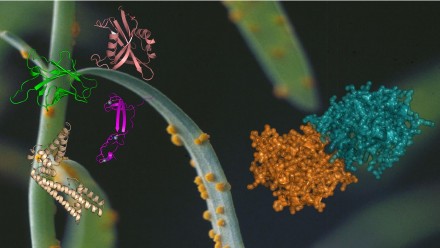
Williams Group - Plant structural immunology »
Led by: Simon Williams
We aim to understand the molecular basis of the interactions between plant hosts and the microorganisms, particularly fungi, that colonise them.






